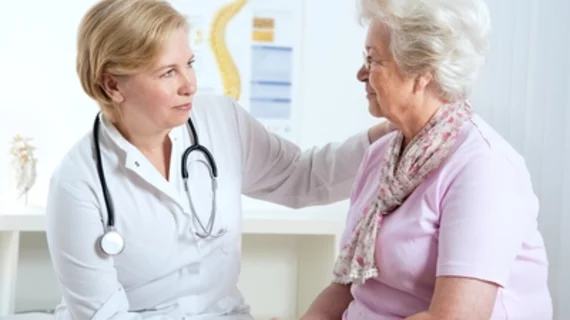Integrative medicine reduces pain, hospital costs
Researchers at Allina Health in Minneapolis have utilized integrative medicine to reduce patient pain and costs, according to a study published May 10 in the Journal of Alternative and Complementary Medicine.
In dealing with the opioid epidemic, hospitals are looking for new methods to improve pain management without additional costs. In this study, researchers examined the impact of an integrative medicine pain management strategy on patients’ pain and total costs during inpatient hospital admission.
"The value proposition for these integrative practices—both in cost and patient care—may be even stronger if one considers the potential—not measured here—that the integrative medicine also reduced use of opioids, those limiting attendant societal costs of those agents,” stated JACM Editor-in-Chief John Weeks.
The study was conducted at Allina Health where data on demographics, length of stay and illness severity were collected from EPIC electronic health records. Led by Jeffery Dusek, PhD, the research team examined 2,730 inpatient admissions for pain management and hospital costs following IM implementation. Results showed patients who received integrative medicine therapy saw decreased pain and a cost savings of $898 per hospital admission.
"The results indicate that when integrative medicine interventions reduce patients' perception of pain in the acute care setting, there is a corresponding decrease in the total cost of the patients' care," said Dusek. "While the amount of savings are substantial, future studies are needed to optimize the delivery of the integrative medicine interventions in order to maximize the cost savings."

